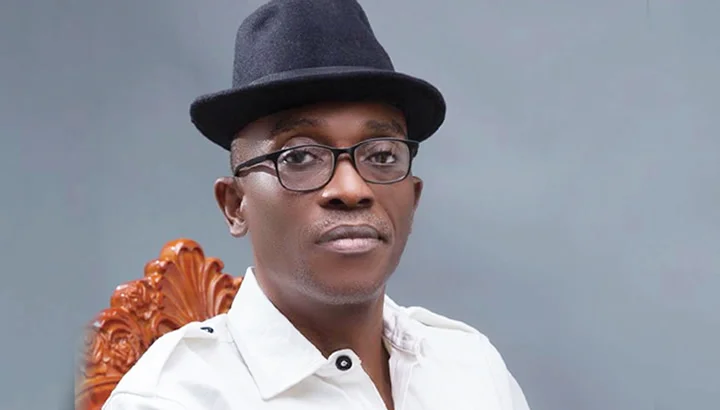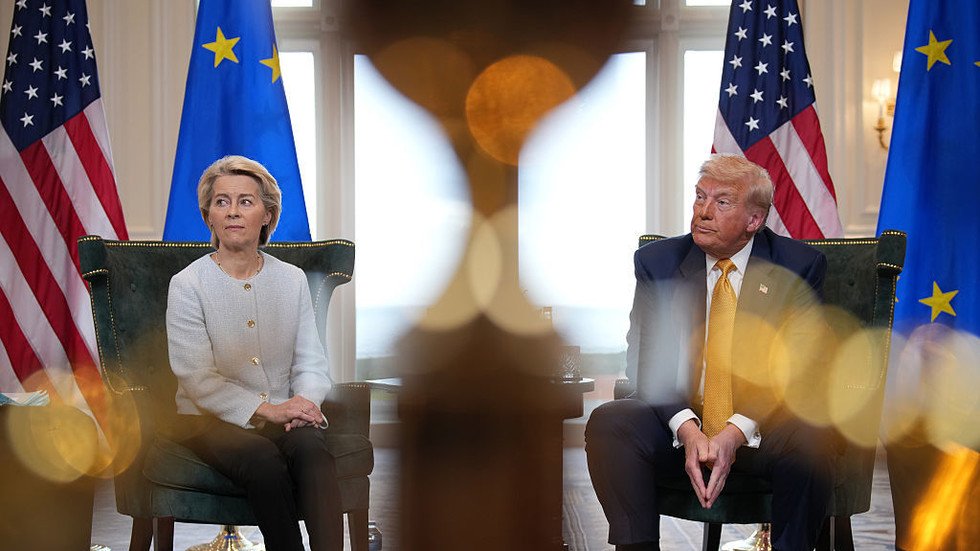Algeria’s Presidential Election: Incumbent Tebboune Expected to Win, Turnout in Question
As Algeria’s presidential election approaches, incumbent Abdelmadjid Tebboune is widely predicted to win, with experts saying the only unknown is how many voters will turn out. The campaign is set to conclude on Tuesday, with a media blackout in place from Wednesday ahead of the vote on Saturday, September 7.
Tebboune is expected to secure his re-election with a majority of votes in the first round of voting, according to Dalia Ghanem, a senior analyst at the Doha-based Middle East Council on Global Affairs. "The outcome is largely predictable," she said. "This election has proceeded without any surprises. In this country, elections tend to be meticulously orchestrated and tightly managed."
The president’s popularity has surged, exceeding even his approval ratings when he was first elected in 2019. Analyst Ghanem notes that the public appears to be responding positively to his leadership and policy decisions. However, the question remains whether this level of support will endure, and what the implications of another five years under Tebboune’s leadership will be for Algeria’s future.
The opposition has complained of intimidation, with dozens of people arrested last month over alleged election fraud and three would-be candidates placed under judicial supervision. Another opposition leader, Fethi Ghares, was detained last week, accused of "insulting the president" and spreading disinformation online.
Despite the challenges, some voters are refusing to participate, with Karim, a resident of Algiers, telling RFI’s correspondent that the election is "just theatre" and that the outcome is predetermined. "This is an authoritarian regime that does not respect the rules of democracy. Every Algerian knows the outcome of this election in advance."
The question of turnout is crucial, with Abidi, a political scientist, noting that "participation is the only element at stake." He suggests that abstentionism has become the first party in Algeria, with many people refusing to participate in what they see as a predetermined outcome.
The election comes at a time of significant change in Algeria’s political system, with civilians increasingly seeking a role in the country’s governance. However, the opposition’s calls for a boycott and the intimidation tactics employed by the government have raised concerns about the legitimacy of the election.
As the country prepares to head to the polls, the outcome is likely to be a foregone conclusion, with Tebboune expected to secure his re-election. However, the real question remains: will enough voters turn out to give the election any semblance of legitimacy?



